|
“The Thai culture is very polite.”
I read and heard this from several sources before embarking upon my Southeast Asia trip. It didn’t take long to see why. Between the head bowing, the wais, and the clear order of heirarchy in every restaurant and hotel you visit, it’s hard to miss the culture’s politeness.
Lao politeness was even more obvious. My very first day in the country, I took a Mekong Smile Cruise slowboat from Chiang Khong, Thailand, to Luang Pragang, Laos. (Read about why it’s my favorite thing I did on the whole trip.) As I admired the views of rain forest, jungle, and mountains all around me, I chatted with another passenger, who was sitting on the other side of the aisle.
While we were talking, the Lao chef on our boat needed to pass between us. Instead of just walking by, she ducked down, super low, and shuffled, as though she thought I was taking a photo and she was trying not to be in it. Except I clearly wasn’t taking a photo. But… maybe she thought I was?
Nope. A few minutes later, she had to head back to the stern of the boat, and she did the same thing again. She wasn’t trying to stay out of my non-existent photo. She was trying to make sure her head was lower than mine, because I was her customer, and this was "polite." Having witnessed this, and having studied psycholinguistics at Stanford, I would make a minor correction to the first sentence of this article. “The Thai culture is very negatively polite.” As I explained recently in If You’re Not a Psychologist, “Positive Reinforcement” Probably Means the OPPOSITE of What You Think It Does, In English, we use the words “positive” and “negative” all the time. Colloquially, these words often mean “good” and “bad.” But in psychology, that’s not what they mean. Instead, “positive” means you add something, and “negative” means you take something away. Read more > That post proceeds to explain the difference between positive and negative reinforcement, as well as positive and negative punishment. But there’s also positive and negative politeness. Positive politeness is politeness that aims to add closeness and warmth between people. Negative politeness is politeness that takes away warmth and closeness, and instead establishes boundaries, respect, and hierarchy. Undoubtedly, “please” is a polite thing to say. But it’s not positively polite. It’s negatively polite, because what you’re doing is acknowledging that the person you’re making a request of is an independent, autonomous person, with different wants and needs from you. You’re apologizing for imposing and showing respect. “I know you don’t have to, but could you please hand me that? I would appreciate it.” Same with “thank you,” which really means, “I respect you; I know you didn’t have to do this for me, and I acknowledge and appreciate it.” Please and thank you are about boundaries and respect -- which are the opposite of warmth and closeness. So what would be an example of positive politeness? 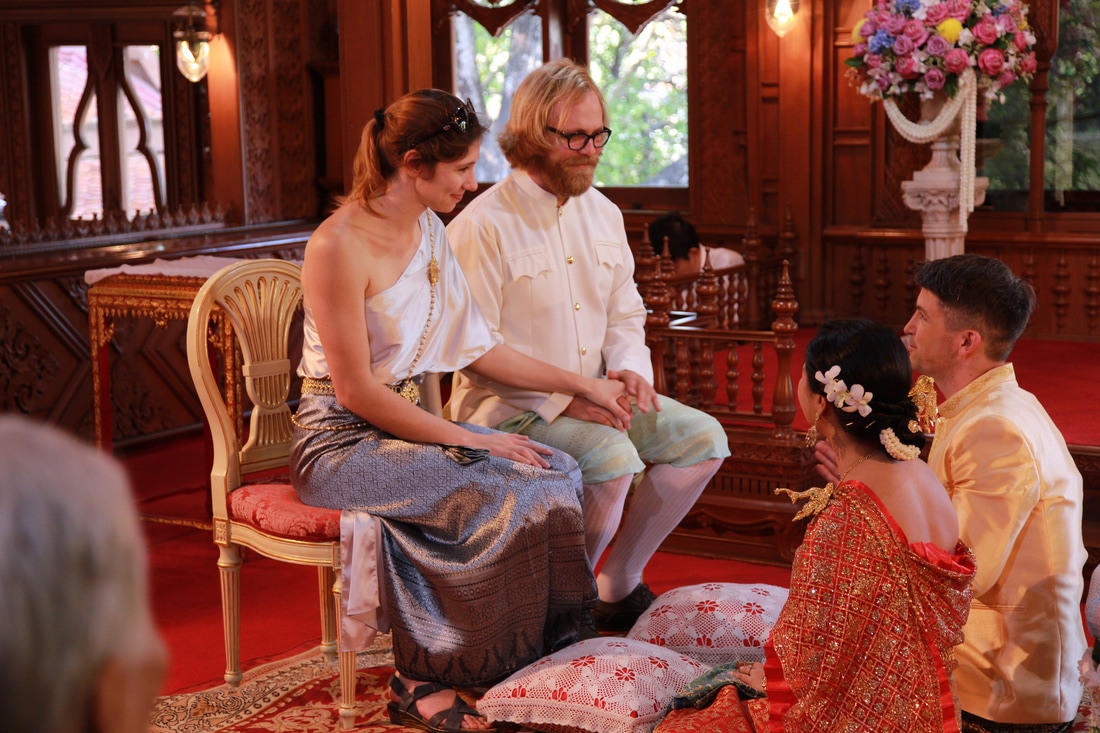
To answer that question, all I had to do was hop on a flight from Vientaine, Laos, to Kuala Lumpur, Malaysia. Before I even left the airport, I’d sensed a glaring difference between the “politeness” in Malaysia and Thailand, even though the two are neighbors.
I’d decided to rent a car -- I was only staying a week, and I didn’t want to waste time waiting for buses and taking longer than necessary to get around. Except when I arrived at the airport (just days after that crazy Kim Jong Nam assassination -- and the North Korea airlines counter has already disappeared), I had no idea where to get the car. I saw a few car rental agencies in my terminal, but none was the correct one. I asked one agent, “Where is Paradise?” He wasn’t sure -- so he took time out of his day to Google it for me, then showed me the instructions for where to meet them. When I arrived at the meeting point (Door 1), no one was there. A taxi driver asked me if I needed a cab. I said I was waiting for the car rental people. So he handed me his cell phone and said, “Call them. They might not know you’re here.” I called, and a few minutes later, a kind woman arrived to take me to the rental car lot. She asked me several questions on the way, and seemed genuinely interested in my answers. When I was checking out the car, I asked if there were any with USB chargers. “I have a converter you can borrow -- it plugs into the DC connector." All three of my first encounters at KLIA (Kuala Lumpur International Airport) felt highly casual, warm, and trusting. I didn’t have to pay for or put a deposit down on the charger. The taxi driver actually walked away for a few minutes while I was using his phone -- and when he got a text from Paradise, he came to find me (it was hot, so I’d gone back inside the terminal to wait) and make sure I got the message. After that, I drove to Cherating, the greatest little surf town in Malaysia. I had about 40 minutes until dark, and I was on the fence about renting a board. By the time I walk to the shop, pick a board, sign a waiver, and pay, it will be dark, I thought. But… maybe it was worth a shot? I asked a man who was coming out of the water if he thought I had enough light to justify renting a board. “You can use mine,” he offered. “I’m going to go eat, and then I’ll come back for it.” And with that, he handed over his baby and disappeared into the sunset. There were no “pleases” and “thank yous” in Malaysia, and I was a-okay with that. And! I totally have a new BFF now!
I’m definitely not saying that positive politeness is better than negative politeness, or that Malaysian culture is a) universally like what I experienced or b) better than Thai and Lao culture. Only that there was a total major difference in how people interacted with me -- and it got me thinking about all those classes I took with psycholinguist Herb Clark. (Who, by the way, is one of the best teachers, researchers, mentors, and people ever.)
(Full disclosure: I feel a little awkward making these generalizations after only six weeks of travel. I’m sure there are aspects of each country I’ve visited that I never encountered, questions I’d’ve never thought to ask. But, as I wrote in People Who Say a Week is "Not Enough Time" To Travel are Silly and Wrong, a week is plenty of time to have conversations and start making observations and comparisons. If you don’t think so, maybe you’re not engaging enough or paying much attention. Though, to be fair, I had to remind myself of my own advice when I was listening to Incarceration Nations: A Journey to Justice in Prisons Around the World last week, and author Baz Dreisinger mentioned that she’d only spent about a week in each of the prisons she wrote about. I have many problems with her work, but the duration of her visits isn’t necessarily one of them.) At this point, you’re probably wondering if I can give more examples of positive politeness. It’s definitely harder to generate examples of this, since most of the rules and etiquette we follow are based on negative politeness. One example that comes to mind is giving someone a compliment, like, “Your performance was amazing.” Or, perhaps, a reassuring touch when someone is nervous or sad. Or juxtaposing criticism with compliments. (Even though, technically, negative feedback/positive punishment works better than positive feedback/positive reinforcement.) Or, to use a recent example, offering to let someone carry your shortboard, so you can carry their longboard -- because you like them, and that would make life easier for them. (Yes, that's chivalrous. No, chivalry is not dead. Yes, I tend to be a pretty chivalrous woman.)
But, of course, it totally depends on context. The same behavior can be positively or negatively polite -- just like the same behavior can be polite or impolite.
What do I mean by that? Imagine you’ve been invited to a dinner party. Dinner is over. Do you: a) Help with the dishes? b) Not help with the dishes? The answer should be, “It depends.” If someone has invited you to come be fed and entertained in their home, perhaps you are showing them disrespect by helping with the dishes. You’re supposed to be playing BananaGrams in the living room. You're supposed to be chatting with the other guests. And maybe, just maybe, I don’t feel close enough with you that I want you going through all my kitchen cabinets. Maybe I don’t want you putting all my utensils back in the wrong place. But perhaps the person is so close to me that they feel like family. Maybe they are family. Maybe they’ve had dinner here enough times that they know exactly where everything goes -- and I don’t care that they might see what a mess my kitchen is behind the scenes. I would argue that helping with the dishes is a form of positive politeness (unless you’re crossing a boundary and being a little rude), while not helping is a form of negative politeness (unless you’re close enough that you’re supposed to be helping). But I’m sure plenty of readers disagree with me. My next stop on this trip is Sri Lanka. Then, I’m headed to Burma. After that -- who knows? And I’m excited to keep observing, interacting, and learning about different forms of politeness along the way. Want to know more? Check out my super-short travel story about an adventure in Croatia. It's called, Don't Say Don't Say "Thank You." Say, "It Is Delicious!"
5 Comments
Zeph
3/17/2017 05:24:33 pm
Hi again,
Reply
3/17/2017 07:25:18 pm
That's a good point -- this could have been simplified a lot by referring to kindness vs. politeness. I went with positive vs. negative politeness because it was a topic I enjoyed learning about in a psycholinguistics class, and it really made me think about the form and function politeness takes in different contexts.
Reply
World Traveler
4/9/2017 04:16:39 pm
That was a lot to follow. But since I just got back from Malaysia, I found it very interesting and helpful. If I had to choose one word to describe the Malaysian people, I would use yours: warm. Everywhere I went, Malaysian people were extremely warm and kind and I can't wait to go back.
Reply
Kevin Bates
4/27/2017 05:47:05 am
The Malaysians did not perceive you as being Jewish apparently, or they'd likely have been rude as hell..also your white skin helped plenty
Reply
4/30/2017 12:32:18 pm
Fair enough -- I can only speak from my own experience. Did you have a crappy encounter in Malaysia?
Reply
Leave a Reply. |
About the Author

Eva is a content specialist with a passion for play, travel... and a little bit of girl power. Read more >
Want to support The Happy Talent? CLICK HERE!
Or Find me on Patreon!
What's Popular on The Happy Talent:
Trending in Dating and Relationships:
What's Popular in Science: Playfulness and Leisure Skills:
Popular in Psychology and Social Skills:
Categories
All
|
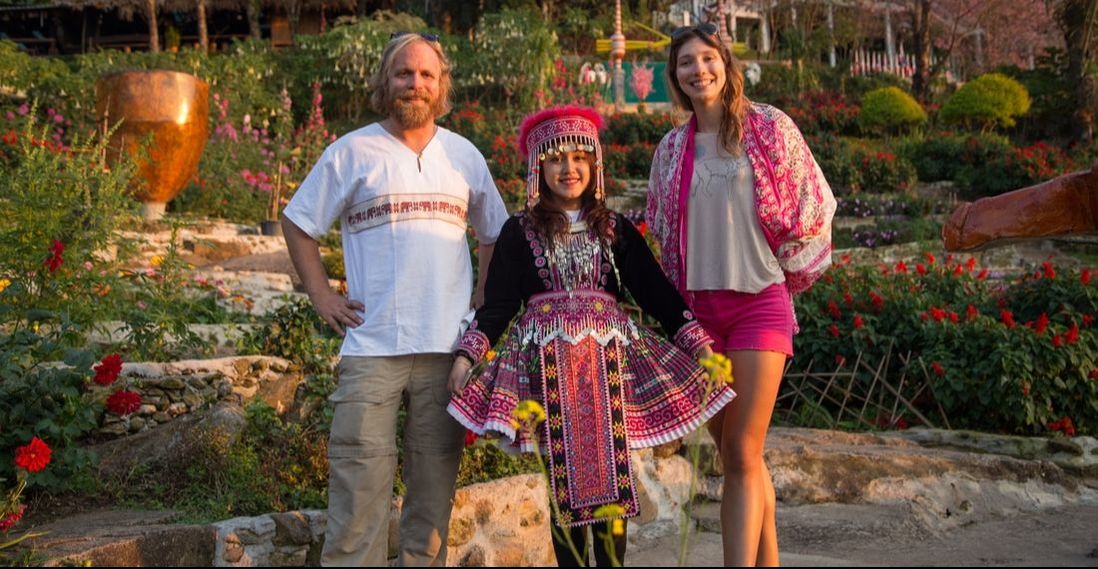
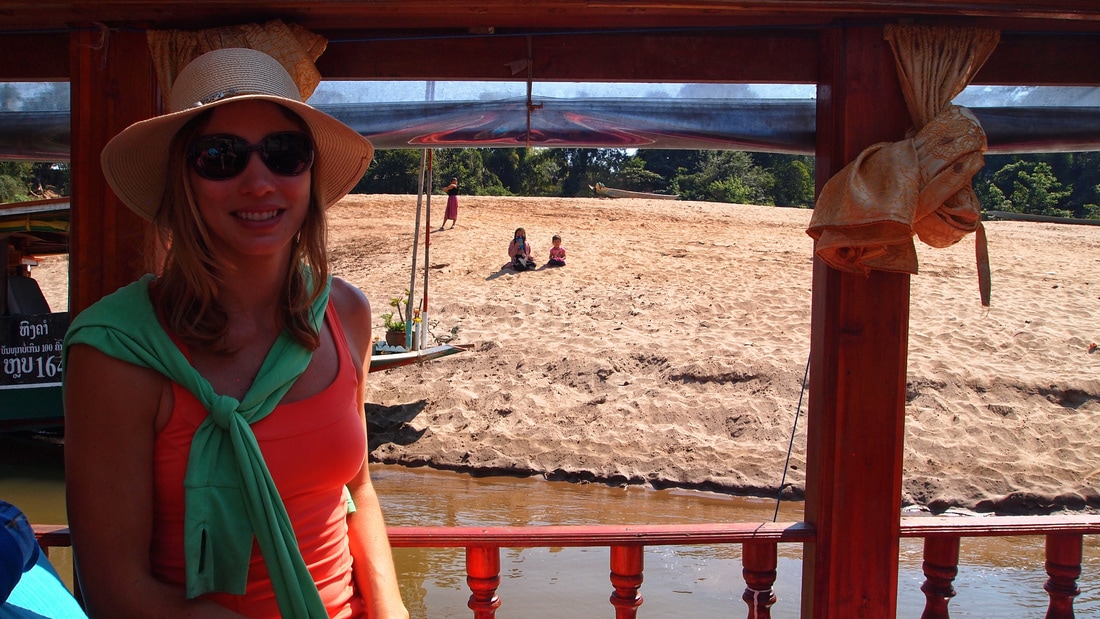
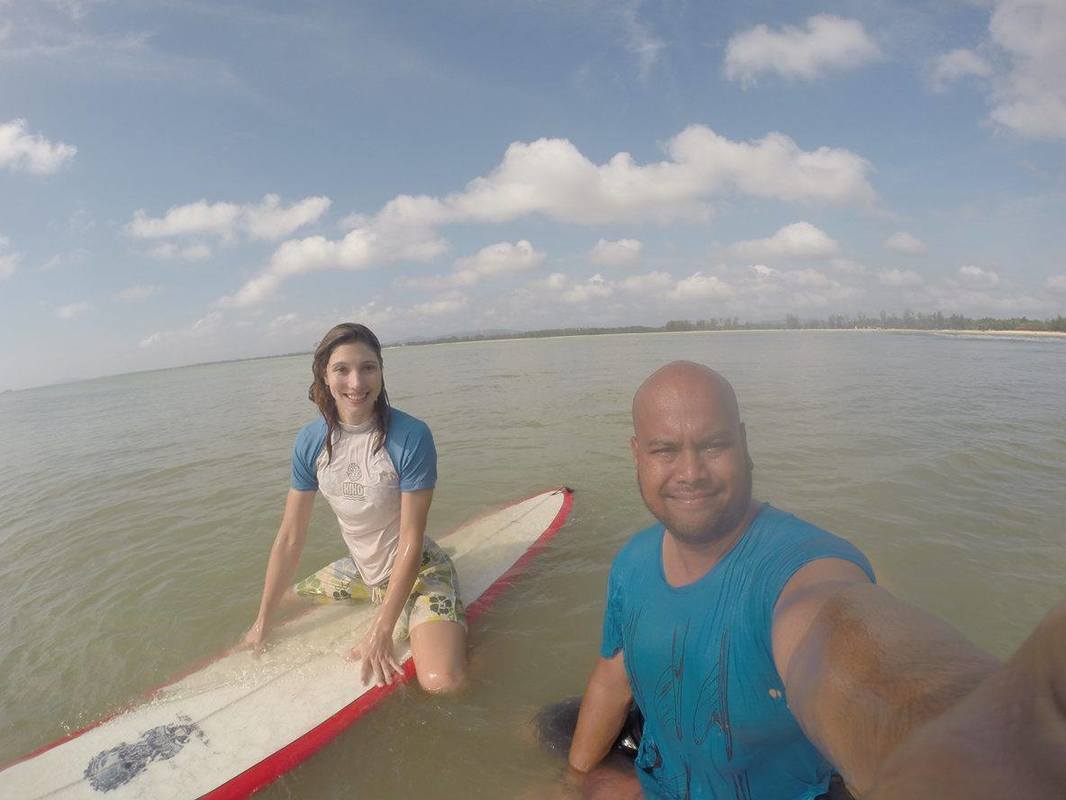
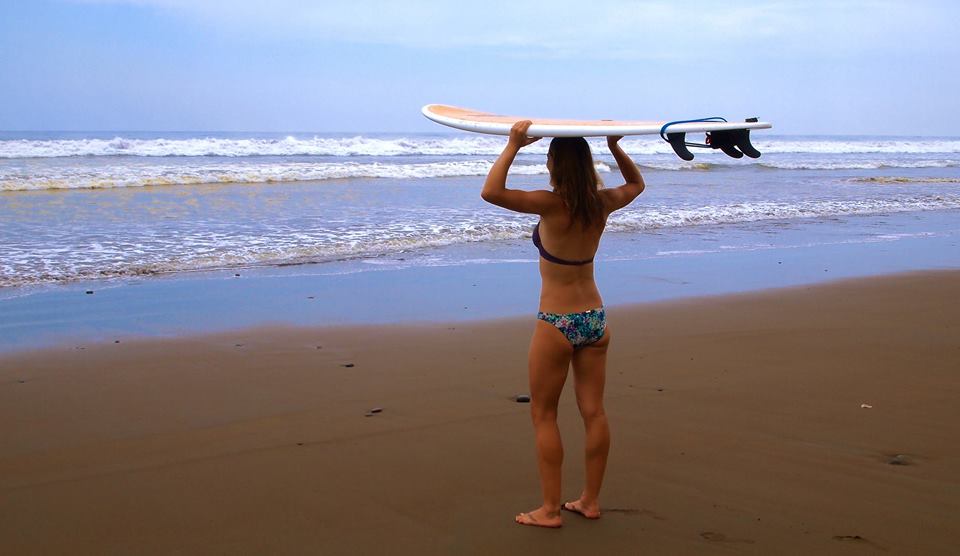

























 RSS Feed
RSS Feed